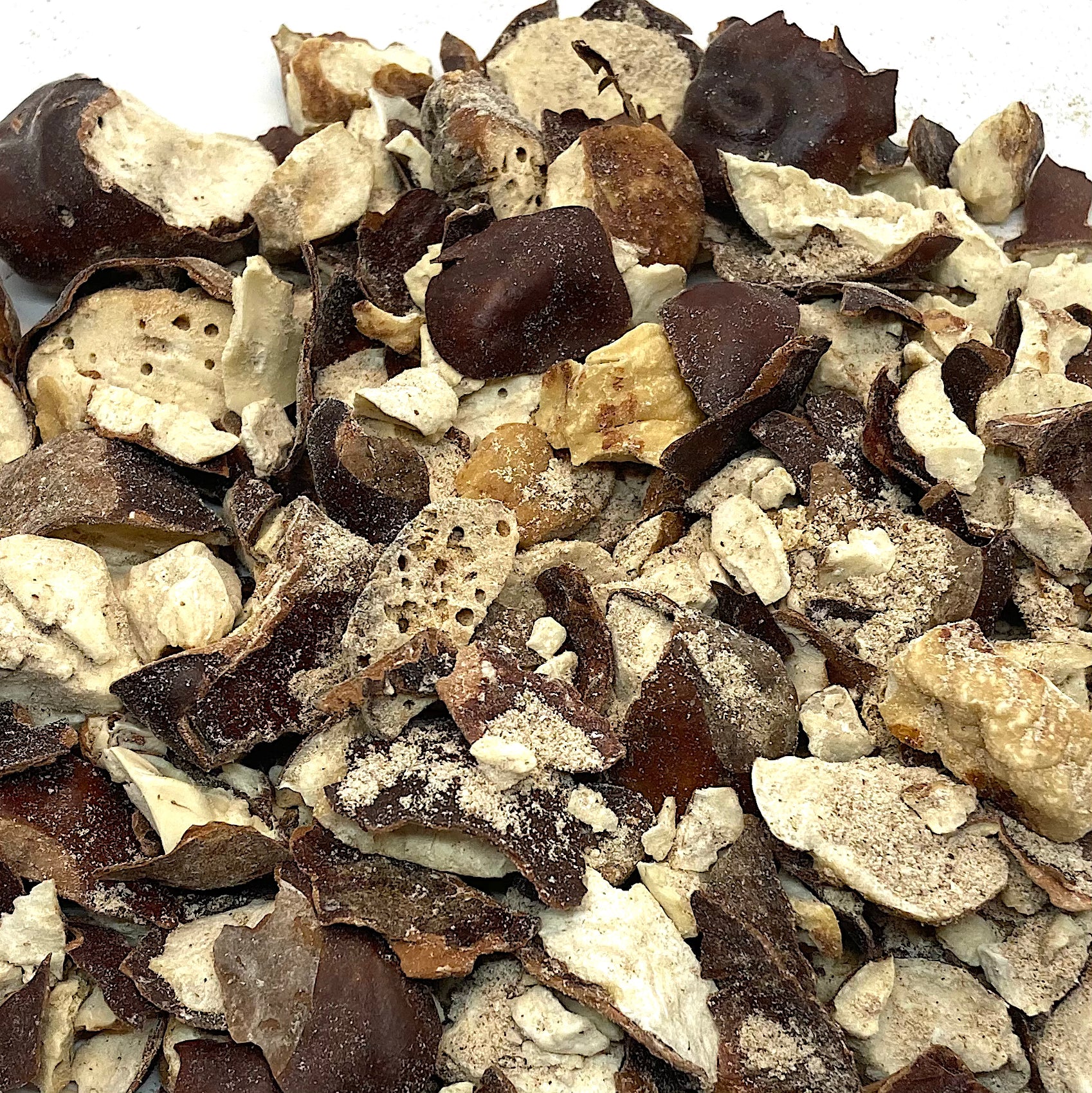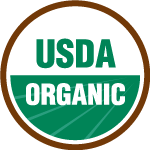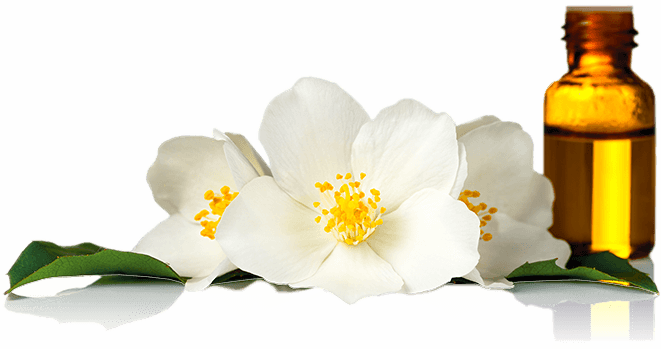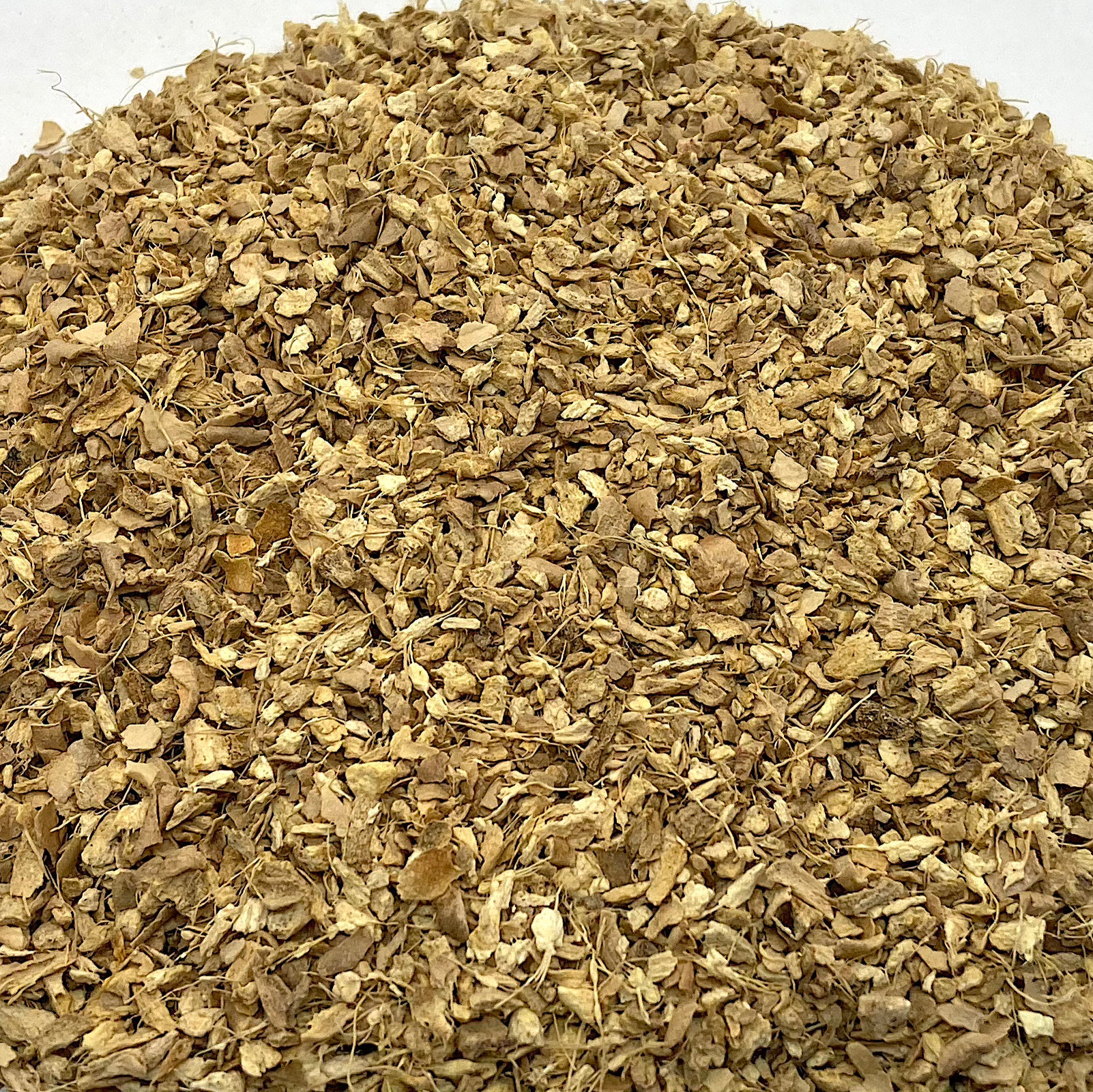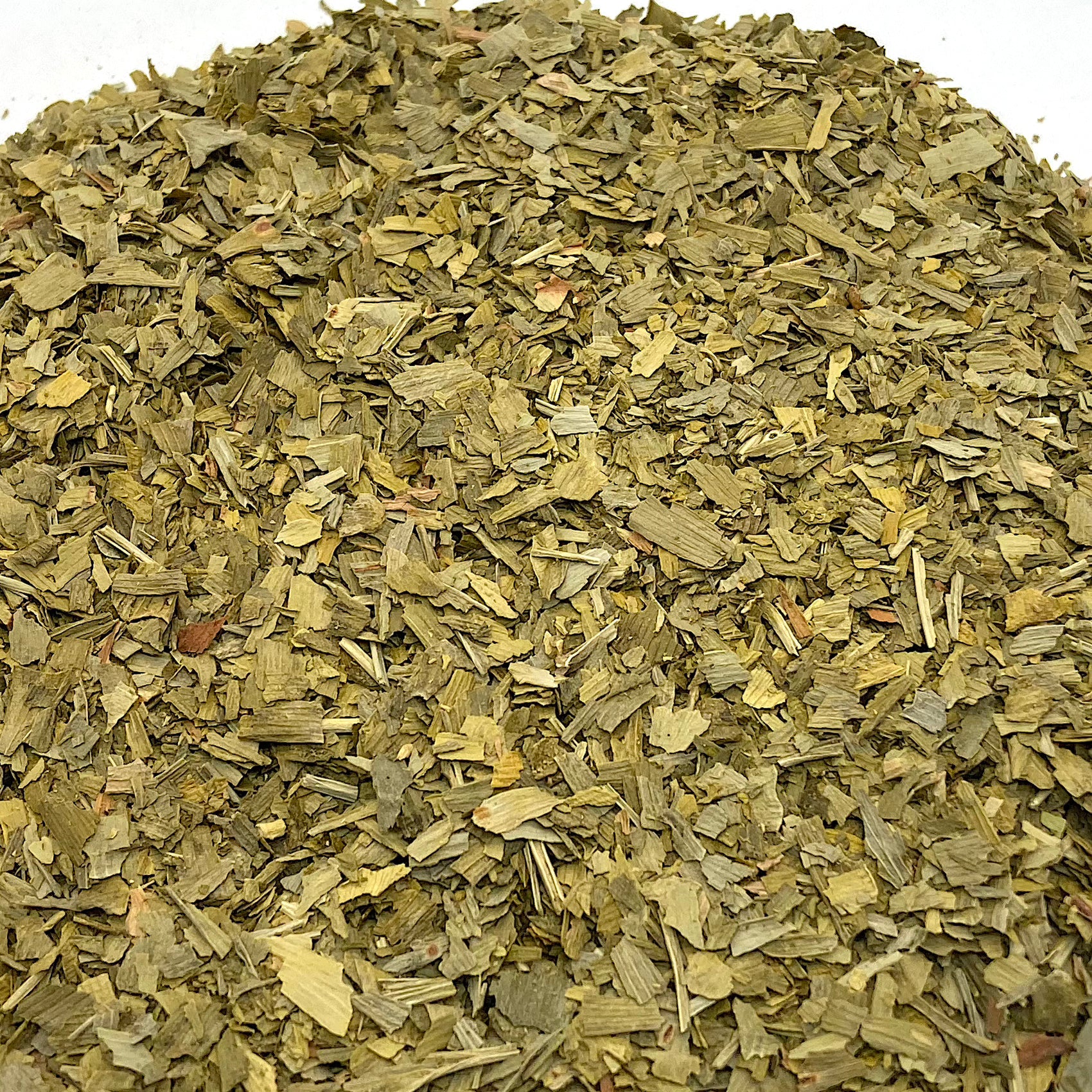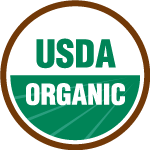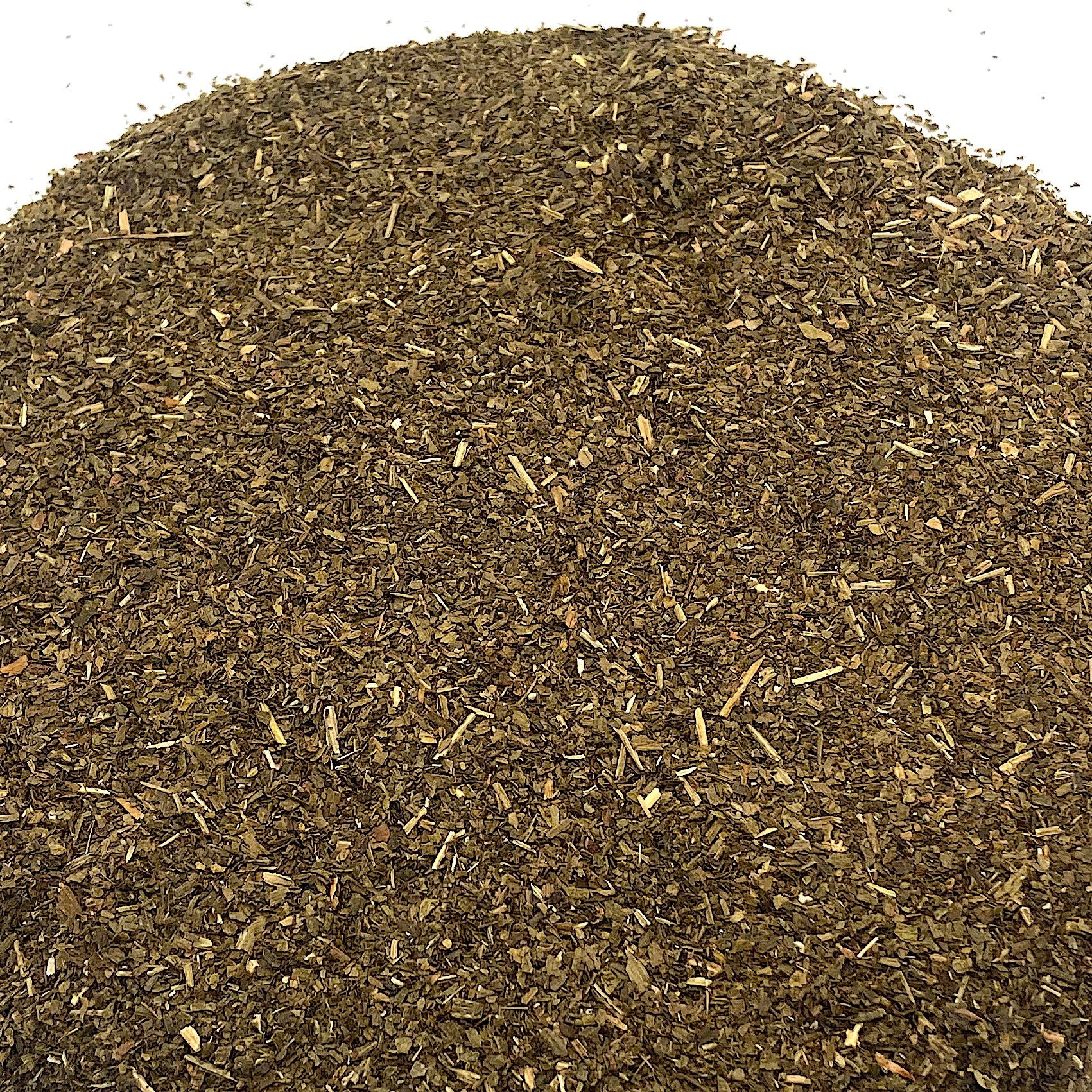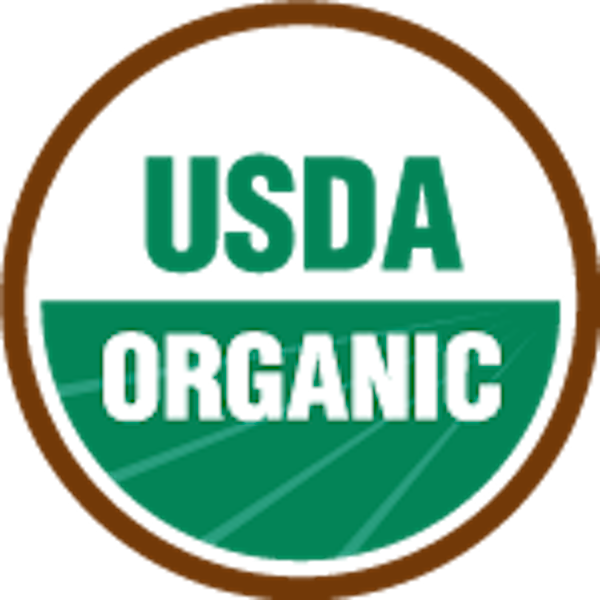Description
HUNGARY. Horse Chestnut (Aesculus hippocastanum) Seeds, Organic
Common names: Conker Tree, Baloot, Ban Khaur, Castana de Indias, Eschilo, Graine de Marronnier D’indes, Hestakastanje, Obblyonkers, T'ien-shih-li
Family: Sapindaceae
Native to regions of the Balkan Peninsula, the Horse Chestnut is a beautiful tall deciduous tree that is grown in many temperate areas of the world, including Europe, the US, Canada, and New Zealand. Its fruits contain seeds somewhat similar in shape and color to the unrelated Chestnut. A similar tree in the same family, native to North America, is known as the Buckeye.
Horse Chestnut has a long history of use by herbalists for a range of conditions including arthritic and other pains, leg cramps and restless legs, diarrhea and other gastrointestinal complaints, eczema, frostbite and chilblains, fevers, and coughs. Like so many helpful herbs, it is rich in anti-inflammatory and antioxidant compounds including flavonoids and glycosides. Several of its saponins, especially the widely-studied aescin, are often used in the form of standardized extracts.
The special sphere of Horse Chestnut is treating disorders affecting the veins and capillaries, such as varicose veins, hemorrhoids, venous insufficiency, and swelling in the lower legs. It tones the walls of the veins and aids the resorption of fluid in swollen tissues.
The safety of ingesting Horse Chestnut in tea or tincture form (as opposed to purified extracts) is contested, and professional supervision, is advised. Internal use during pregnancy or breastfeeding, or by individuals with bleeding disorders, should be avoided. However, applying Horse Chestnut tea or other preparations, to unbroken skin, appears to be a safe way of using this powerful herb to reduce the swelling and discomfort associated with hemorrhoids, varicose veins, and related issues.
It’s also worth pointing out that aesculin (the coumarin glycoside of major concern in regard to the safety of Horse Chestnut tea) is often added as an active ingredient to European sunscreen products.
*These statements have not been evaluated by the FDA. These products are not intended to diagnose, treat, cure or prevent any disease.

